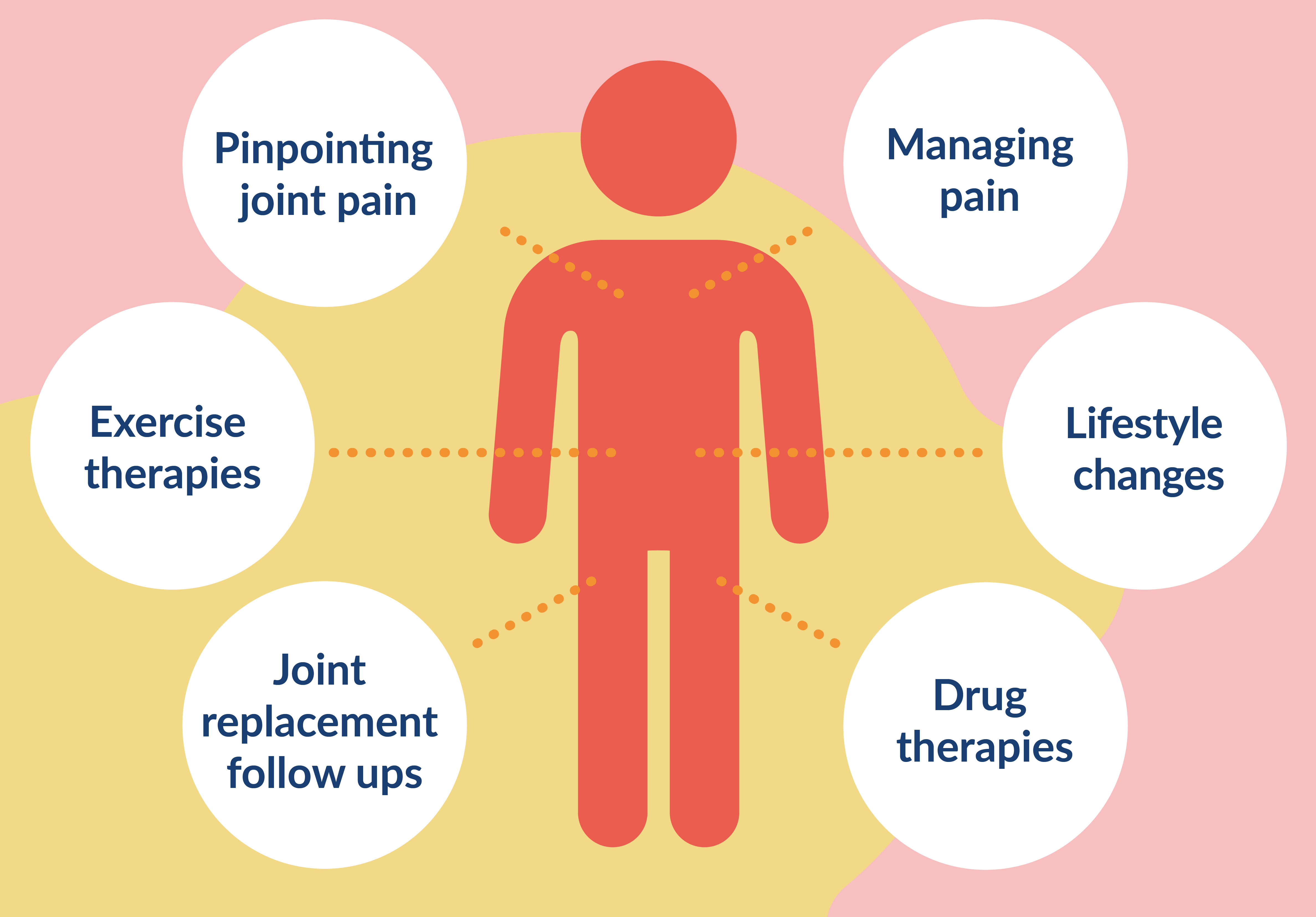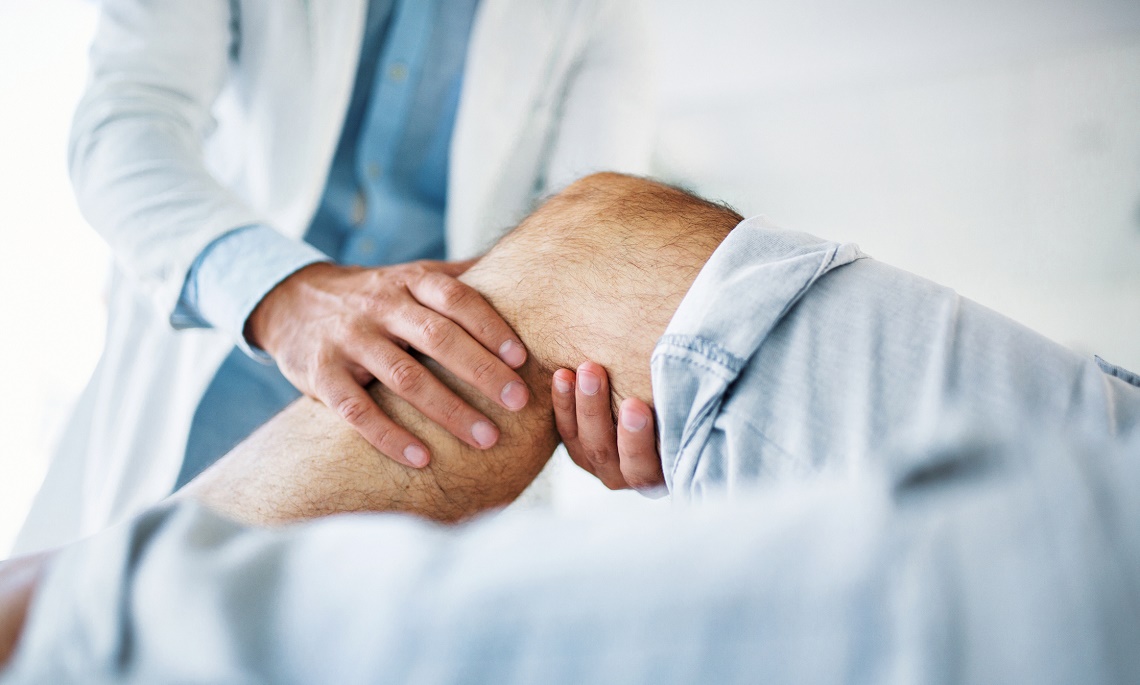Arthritis Research UK estimates that one in five adults in the UK over 45 have osteoarthritis of the knee, and one in nine have osteoarthritis of the hip. Research efforts are ongoing to look at ways of not only managing the condition, but identifying it early enough to prevent it developing.
.jpg)
When it comes to research, osteoarthritis studies can span a wide spectrum – focusing on everything from trying to identify where pain is coming from in the joint, to follow up studies on patients who have had a hip or knee replacement. But if you’re looking to participate in osteoarthritis research – what might you be asked to do?
Osteoarthritis studies
We’ve pulled out three examples of the types of studies commonly explored by researchers, and some of the studies currently ongoing, to help you better understand what could be involved.
Pinpointing pain
Joint pain in conditions such as osteoarthritis can be difficult to assess, as pain is very much a personal experience and sometimes the location of the pain can be hard to identify. From a researcher’s perspective, Professor Conaghan says, “Pain in osteoarthritis is often mechanical – meaning it’s brought on by use. But it’s not always clear where in the joint that the pain is coming from – we need better tools to help us understand”.
One study underway is looking at people with knee pain before they have a knee replacement. Using magnetic resonance imaging (MRI), interviews, detailed examinations of the painful joint and samples taken at the time of subsequent joint replacement, researchers are trying to identify the tissue the pain relates to. If they can spot the types of cells which cause the pain, this could help the ways they identify the site of the pain in future knee patients.
Exercise therapies
Lifestyle factors can influence the progression of joint pain, because inactivity leads to weakness, and excess weight can put further strain on our joints. “Muscle strengthening exercises and getting fit can be hugely beneficial for those with joint problems or osteoarthritis. But compliance can be poor, and people can struggle to fit these therapies into their lives” says Philip “a key area of osteoarthritis research is how to get people engaged in looking after themselves”. Participants in this type of study may be asked to follow a specific type of exercise regime over a specified time period, to see if it helps their mobility eases their discomfort and pain.
Issues around mobility for those with osteoarthritis can also act as a barrier for people getting involved with research. However, there has been a move towards virtual interventions – such as online and digital physiotherapy to help overcome these kinds of issues.
Professor Conaghan is involved in one such study, where participants with knee pain are assigned a normal route of care with a physiotherapist, take part in a group “E-Rehab” session delivered online by a physiotherapist or given an at-home web-based programme designed by physiotherapists and experts. Through follow up questionnaires and interviews, the researchers will be able to see if these digital physiotherapy interventions are a suitable way of helping knee pain patients.
Feasibility studies
Some studies start small and act as a test and learn for researchers, so they can see if something is worth exploring further as part of a larger research trial. Another study is looking at whether a naturally occurring compound found in broccoli can help improve pain and mobility for people with osteoarthritis. Philip explains “Lab data has shown that a compound in broccoli can affect cartilage, which can be damaged because of osteoarthritis. This study is exploring if people who have broccoli soup multiple times a week can have beneficial effects on pain and the structure of joints affected by osteoarthritis”.
A great deal of research is underway to try to help people manage and prevent osteoarthritis and joint pain. It’s an area which still needs a lot of exploration, and there are plenty of opportunities to join a study. If you want to be involved in work towards finding major breakthroughs for the conditions, explore the current studies.

Related articles
NIHR Alerts are short articles sharing research results, written in Plain English:




